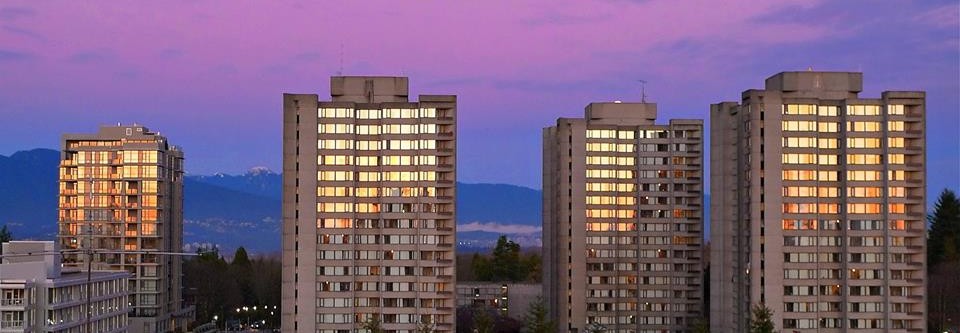5 rumours about cycling at UBC
By Sam Bowerman
Residence Advisor
1. You can’t bike in the rain.
If you’re a cross campus commuter a rainy day can be the difference between hoping on your bike and walking. Even a five minute pedal across campus can leave you soaked from head to drenched toe. However it still can be done, and in the driest of fashions. If you’re committed to cycling, even when the weather gets scary, here are my recommendations;
-Wear a raincoat; think function over fashion and leave the umbrella at home.
-Get some fenders; avoid wet bums, feet and face by installing fenders on your bike, they’re fairly cheep (around $30) and make a world of difference on wet days.
-Stay off pedestrian routs; if you thought Main Mall was crowded normally try riding it when everybody has an umbrella, talk about congestion.
-Keep your bike inside; show your bike some love and let it dry off, it will help prevent rust and will keep you bike rolling better longer.
2. The Bike Kitchen is unfriendly.
Some folks on campus say they get bad vibes from our local community bike shop The Bike Kitchen. Although the fine bike gurus under the SUB can be at times short, they are ultimately there to help. One of the most important things to know about The Bike Kitchen is that unlike other bike shops, it’s a co-op, not a business. While other shops may try to ‘butter you up’ in order to upsell you something you may not need, The Bike Kitchen will tell you exactly what you need and find you the option that fits your budget. Some may see this as cold but I prefer to think of it as ‘tough love’. The Bike Kitchen is also one of the only places in Vancouver where you can learn how to wrench on your own bike and work on your own bike with a full tool set for very little cost. Plus students get a 10% discount. So don’t be afraid to go to the Bike Kitchen, they love to see people cycling on campus and want to do everything they can to keep you rolling.
3. Main Mall is the quickest route between classes.
In my second year I often found myself sprinting between Buchanan and Forestry in order to be on time for my back-to-back classes, that is, until I started taking East Mall instead. On campus the shortest route between classes often involves Main Mall. For that reason everybody and their dog are walking on it when the clock strikes ten-to. Cycling is much quicker than walking but not if you’re too busy dodging and squeezing through groups of pedestrians it can be slow. If you need to ride down Main Mall by all means do, but if you have the option try riding East or West Mall instead. They might be longer in distance but they’ll get you there quicker, guaranteed
4. All used bikes are bad bikes.
As an avid up-fixer of old bikes, this statement makes me cringe. It is true used bikes can be neglected and often leave something to be desired aesthetically, but if you’re buying a used bike from a shop 99.9% of the time it is a good purchase. The same goes for buying a used bike online from a site like Craigslist, Kajiji or Pinkbike. People selling bikes online will most often get the bike fixed up prior to selling it. Used bikes may not look snazzy but they do their job, for the most part, very well and cost significantly less that good quality new bikes.
But I can buy a brand new bike for just as much at (insert major department store here).
You can but like many items you find at major department stores, these bikes are disposable and not built to last. Many people who buy these bike often have to spend more money repairing them shortly after purchasing them, so in the long term can be much more expensive than their low price tag would suggest. If you’re looking to buy a new bike you should start looking at bike stores and should budget to spend a minimum of $400.
5. Bikes have the right of way.
Nothing is more counterproductive to establishing strong cycling culture than a cyclist mowing down a pedestrian. If you’re riding through a busy pedestrian area slow down and even stop if you need to. Another bad habit cyclist get into is getting into a rhythm and zoning out. Do whatever you can to stop this from happening; take out your headphones, keep your head up and look far ahead. As a cyclist it is your responsibility to respond to the people around you, not the other way around.

 Follow
Follow